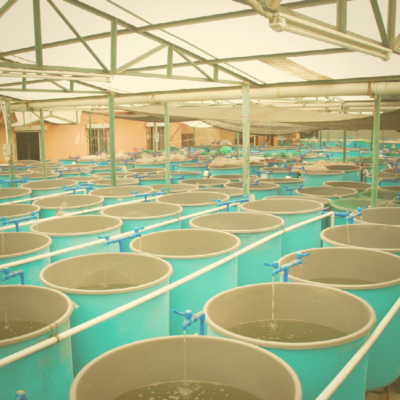
Overfishing is a real threat to the global food supply, but is aquaculture the answer? FIC takes a deeper dive into the world of factory farmed fish. FIC is watchdogging aquaculture, an emerging industry that is being billed by many as the sustainable food source of the future. Whistleblowers and advocates are expressing concern about how industrial aquaculture operates and what needs to be done to ensure that farmed fish are safe to eat and that the benefits of this industry are balanced against ethical and environmental concerns.
Click the “full story” to learn more about how FIC is watchdogging industrial fish farming.
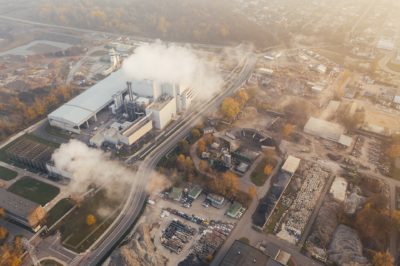
Currently, only a handful of corporations control our food from farm to fork. Over the past 50 years, fewer and fewer multinational agribusiness corporations have come to control more and more of our food system, shutting out local and family farmers in the process. With unchecked power, companies have standardized exploitative practices that are harmful to farmers, to rural communities, to the animals themselves and to our environment.
But it doesn’t have to be this way.
Click to the “Full Story” to learn more about how FIC is working to hold Big Ag corporations accountable!
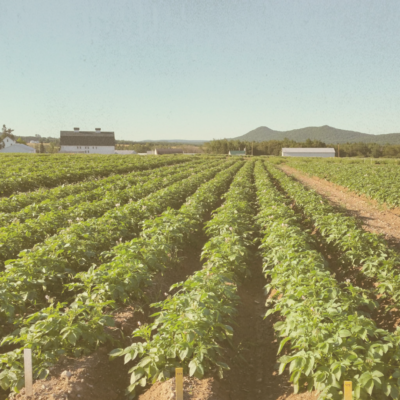
When it comes to the integrity of our food, no one knows the truth about food better than the farmers and workers who bring it to our tables. That’s why FIC is growing our Rural Partnerships campaign to increase our capacity and ability to respond to rural whistleblowers who reach out with urgent needs.
Our Rural Partnerships campaign is currently focused on the following initiatives:
Click to the “Full Story” to learn more about how FIC is working with rural partners to improve communities!
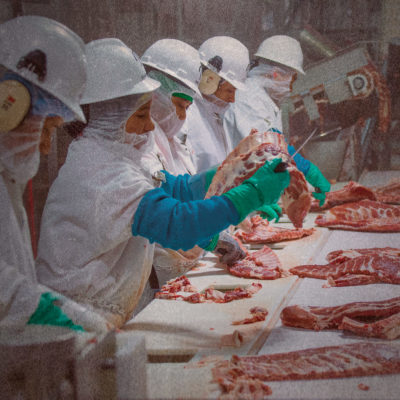
Food Integrity Campaign has been challenging high speed slaughter inspection since 2014. Originally, FIC and its coalition partners spoke out against the USDA’s proposed nationalization of its pilot program in poultry (HIMP). The expansion of the pilot program (New Poultry Inspection System) increases line speeds to 175 birds per minute giving meat inspectors only 1/3 of a second to inspect a carcass! It also gives duties, once belonging to federal inspectors, to plant workers themselves who feel unsafe speaking out against their employers. FIC received numerous concerns from USDA inspectors about the dangerous conditions in the HIMP pilot plants and their concerns that the program would expand and put consumers and plant workers at risk. You can read some of these concerns here.
FIC is currently fighting the increased poultry line speeds in court.
Not surprisingly, after pushing for faster poultry line speeds, the USDA also attempted to increase line speeds in pork. Whistleblowers who work in the pilot pork inspection programs warn about faster line speeds, fewer inspectors, worse conditions for workers, and unnecessary harm to pigs—not to mention the gross things that find their way into your food.
FIC represents Jill Mauer, a meat inspector who is speaking out against increased pork line speeds.

Climate change is real and it’s happening now. Every facet of our industrial food system, from growing, processing, to transporting, contributes to ever increasing greenhouse gas emissions. In turn, our changing climate directly impacts the present and future viability of our modern food system.
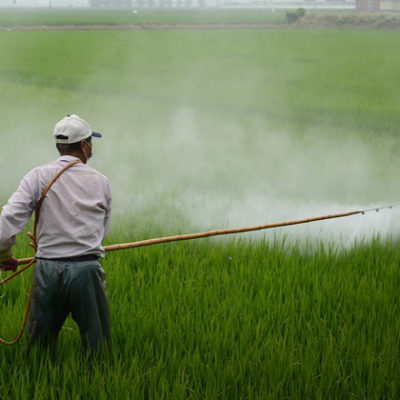
Pesticides have long been used in agriculture. When it comes to environmental and health concerns, these chemicals are notorious culprits. Employees from the pesticide industry, people who live in the surrounding areas where the chemicals are applied, and federal regulators routinely seek FIC’s help in blowing the whistle on these potentially deadly products.
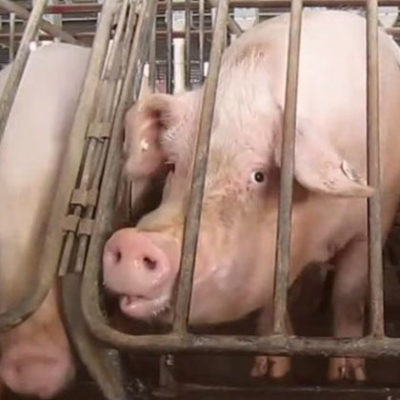
Consumers are asking questions about the food they eat: where it comes from and how it was processed. Yet when it comes to the treatment of animals, Big Ag has been notoriously secretive. Over the last decade, the use of undercover video as a means to show wrongdoing on factory farms and in meat processing has brought to light some disturbing truths. Whistleblower exposés have revealed neglect, inhumane practices and gross abuses. In response, consumers have expressed their disapproval. But instead of adopting more humane practices, animal agriculture is lobbying to enact state laws that criminalize the recording of cruelty to animals.
Essentially, Ag Gag makes it a crime to report a crime. Concerned advocates are speaking out against these offensive laws on behalf of truth-tellers and whistleblowers.